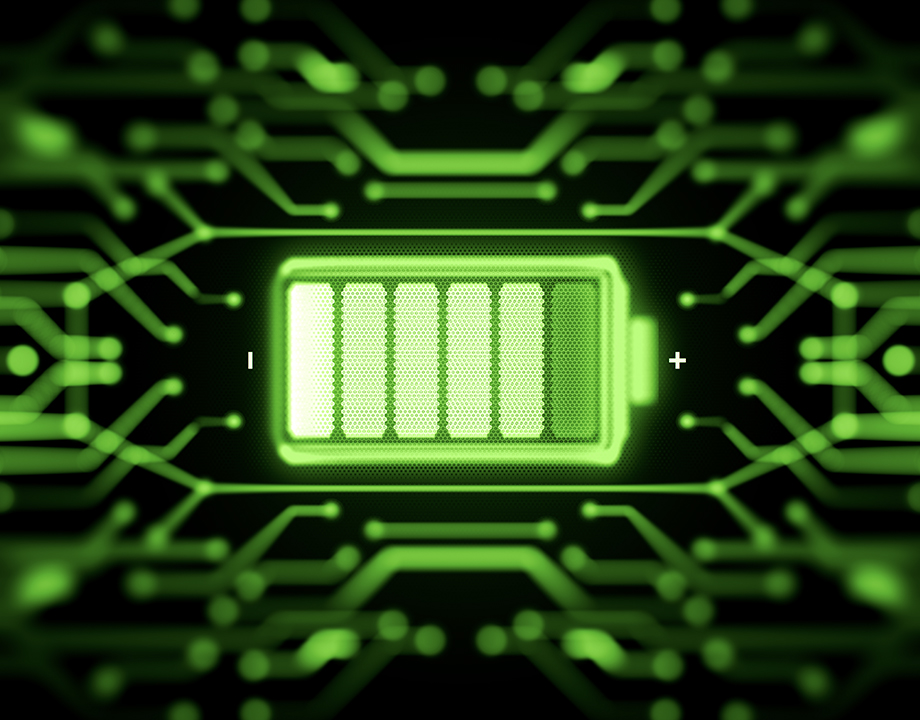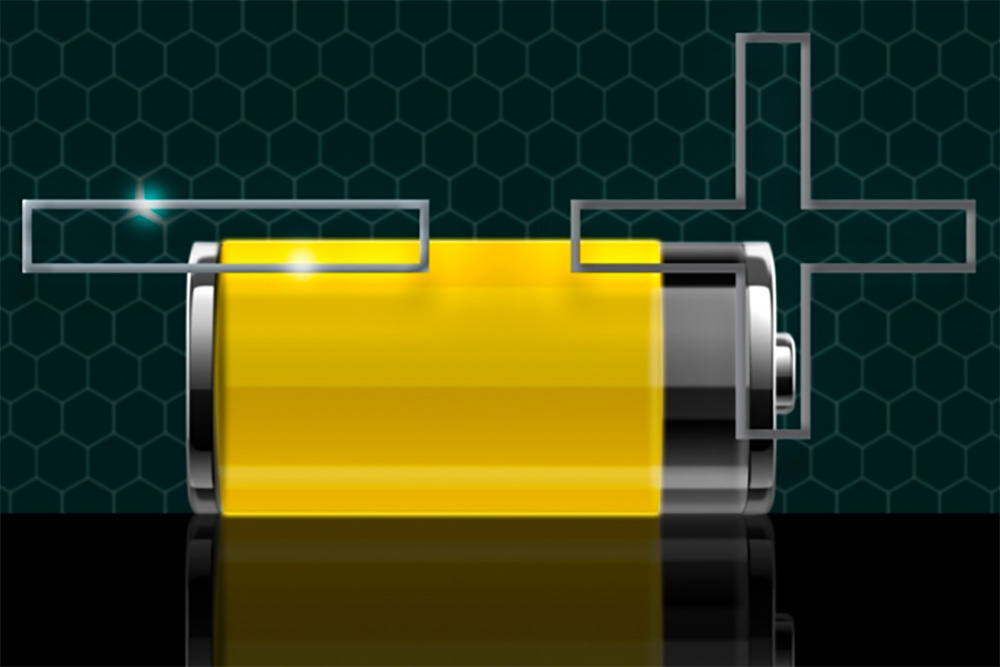
What is the Future of Solid-State Lithium Batteries?
Solid-State Lithium batteries use patented sulfide-based solid electrolytes instead of the conventional flammable liquid electrolyte. The cells in these batteries are eco-friendly and stable enough to handle temperature and energy density changes. In addition, Solid-state lithium batteries have cheaper pack designs and high-performance battery pack cooling schemes. They’re better alternatives to lithium-ion batteries that are heavy, expensive, and difficult to charge. The future of solid-state lithium batteries is brighter.
Why Are Solid-State Lithium Batteries Considered More Future-Proof
Lithium-ion batteries have been adopted in multiple industries to date. They’re currently considered the safest, most eco-friendly, and affordable batteries. Unfortunately, the launching of the Solid State Lithium batteries has changed the perception about lithium-ion batteries. Innovators and manufacturers are now noticing the few but significant elements of lithium-ion batteries that, if changed, could make them near-perfect. The following are some weaknesses of lithium-ion batteries that solid-state lithium batteries promise to address.
- Shorter calendar life: The average lifespan of most lithium-ion batteries is 11.9 years. That’s pretty a short calendar life considering the high cost of these batteries. Solid-state lithium batteries promise to address this issue and extend battery calendar life.
- Low drive range: The lithium-ion battery cell technology provides limited energy density, which isn’t enough to extend the battery drive life and reduce the recharge cycles
- Costly pack systems and materials: The lithium-ion cell technology requires high-end cooling systems to mitigate the risk associated with highly volatile and sensitive components. That has led to high battery pack production costs.
- Low abuse tolerance: Lithium-ion batteries’ volatile and flammable components need durable battery packs that can easily mitigate risk. The high risk means lower tolerance to abuse.

What is Solid State Lithium Technology All About?
The solid-state battery technology is a complete overhaul of the lithium-ion battery technology. Instead of the liquid electrodes, the solid-state battery technology will use solid electrolytes and solid metal electrodes. They rely on the same chemistry, but solid-state technology has minimal risk of corrosion and leakage. Therefore, users are at a lower risk of experiencing fires. Besides, solid state lithium battery design costs are lower, thanks to the minimal work required to mitigate risk while designing the battery packs.
Solid state lithium batteries have a smaller form factor, which reduces overall battery weight. The biggest benefit of solid state lithium technology is that it does eliminate the energy density limitations common with lithium-ion batteries. The pioneers behind the solid state lithium technology are convinced that using metallic lithium will increase the li-ion cell technology capacity by up to 10 times.
Why the Shift to Solid State Lithium Technology is Long Overdue?
Industries and companies that depend extensively on batteries should be thinking of shifting to more cost-effective and reliable battery solutions such as solid state lithium batteries. The batteries that are engineered to run on solid electrolytes instead of liquid ones will minimize the heavyweights and energy density issues commonly associated with batteries that use liquid electrolytes.
Solid state lithium batteries will be mostly used in the EV industry, thanks to their low recharge rates, minimal weight, high safety levels, and higher reliability. Scientists estimate that when the solid state batteries are up and running, there are higher chances that you’ll be able to fully charge your battery within the same time you fuel your car. The charge will stay longer than it’s the case with lithium-ion batteries.
That’s to say; these batteries will be able to change the whole idea of charging and using batteries. Charging will be faster, and the battery will last longer, while in the case of lithium-ion batteries, charging takes longer, and the charge drains up fast. The battery pack weight will reduce, and the battery capacities will increase. The cost of manufacturing these batteries may not equal that of lithium-ion batteries, but the batteries’ cost will be relatively low.
The solid state lithium battery technology is still undergoing testing and confirmation. Although scientists have already confirmed the efficiency and reliability of these batteries, we can’t bet on their supremacy. It’s no doubt the future of solid state lithium battery technology is bright, but before we condemn the lithium-ion batteries that have served us for years relentlessly, it’s only wise to wait and see what solid state lithium batteries have in store for us.







